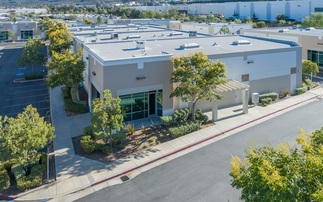Investors buying Scottish shares 60 years ago will have seen only half the returns enjoyed by those owning the rest of the UK's listed companies, according to a mocked-up 'Scotsie 100' index.
London Business School professor Paul Marsh and Walbrook Economics economist Scott Evans found the disastrous performance of RBS and HBOS during the financial crisis dragged down the index.
According to their calculations, £1 invested in 1955 would be worth £648, compared to £1,168 in the rest of the UK.
If the two banks are excluded, the 'Scotsie' beats the rest of the UK, with £1 in 1955 returning £1,355 against £1,169.
However, the duo also questioned the need for such a 'Scotsie', due to the international nature of many Scottish companies. Should Scotland become independent after the referendum in September, many companies may prefer to remain part of the FTSE, they suggested.
The paper said: "It will be a tough challenge to attract the Scotsie 100 companies away from the large liquid international London exchange on which they are already listed."
Investment trusts, a Scottish creation, are an important component of the 'Scotsie 100'. However, the paper found Scottish trusts underperformed their competitors elsewhere.
Should all Scottish stocks move to a new exchange, it would rank 28th in the world by market capitalisation and ahead of Austria, Greece and Ireland, the analysts said.
The Scottish government has announced no plans for a new index, should the country become independent.












